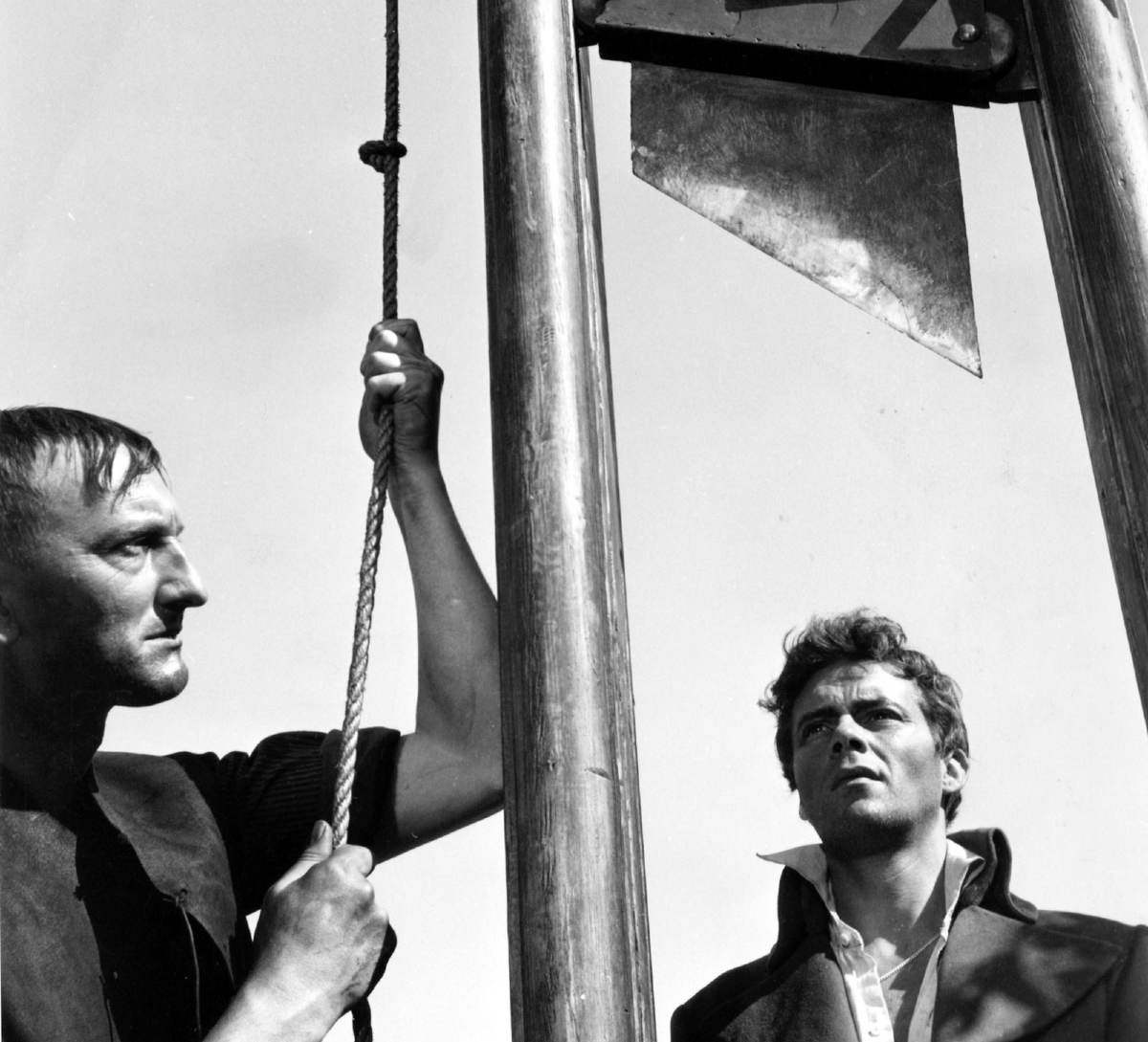
The elderly can still be heroes in the Covid-19 crisis
Two bioethicists argue that victims can offer their bodies for experimentation and organ donation
Dirk Bogarde as Sydney Carton goes to the guillotine in A Tale of Two Cities (1958)
“It is a far, far better thing that I do, than I have ever done; it is a far, far better rest that I go to than I have ever known.” That’s Sydney Carton awaiting the guillotine, laying down his life for a friend. An example of extreme altruism if ever there was one.
The Covid-19 pandemic offers employment opportunities for many more Sydney Cartons, even, or especially, elderly patients infected with the virus, write Julian Savulescu and Dominic Wilkinson, both from Oxford University, in the blog of the Journal of Medical Ethics.
there is a constant national emergency: we are all aging and slowly dying. There is a war against aging and death: we are fighting it with medicine. And people should be able sacrifice their interests or lives in this war.
They give several startling examples of what they mean.
Volunteering for risky trials in COVID patients with severe illness. “People should be able to consent to take part in trials, or even compassionate use, of risky interventions on COVID-19 provided these generate usable knowledge of benefit to others.”
Voluntary research euthanasia. “When a patient will certainly die, they should be able to consent while competent to experimentation being performed on them for others, even if the experimentation may itself likely or possibly end their life sooner.”
Organ donation euthanasia. “A person could consent in advance to donation of their organs if it were decided that they would have medical treatment withdrawn on usual grounds, and they would certainly die of respiratory failure over a period of hours or days” – provided, of course, that the organs were not infected with Covid-19.
Military research service. “Early or risky vaccine trials of a COVID-19 vaccine could be conducted on soldiers in exchange for avoiding active service, which involves risk of death.”
Nursing home volunteers for risky research. The elderly could perhaps take place in risky challenge studies for coronavirus or early trials of vaccines or treatments. “Perhaps many nursing and care home residents wouldn’t want to take part in risky research. But they ought to be given the opportunity, if they are competent.”
Michael Cook is editor of BioEdge
Creative commons
https://www.bioedge.org/images/2008images/FB_sydney_carton_1.jpg
- How long can you put off seeing the doctor because of lockdowns? - December 3, 2021
- House of Lords debates assisted suicide—again - October 28, 2021
- Spanish government tries to restrict conscientious objection - October 28, 2021
